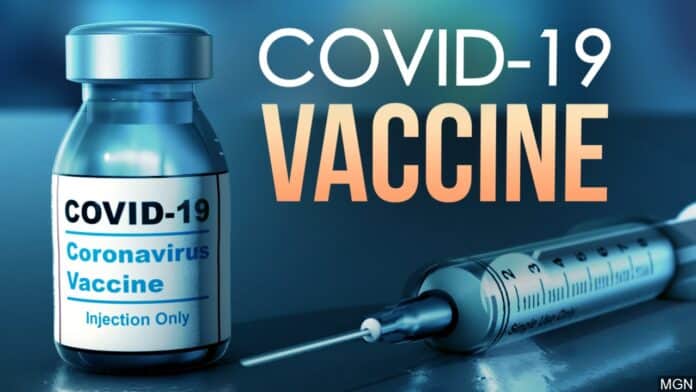Conditions continue to improve across the United States with regard to the COVID-19 pandemic. A significant number of Americans have been vaccinated against the potentially fatal disease and infections in many states, including Texas, are falling. The CDC has announced that vaccinated people are free to stop wearing masks unless they are among crowds.
That good news, however, is accompanied by a drop in the demand for vaccines, and that is not so good. Many people seem to perceive that as the pandemic numbers improve, the need to be vaccinated falls, and many are deciding to forgo the shots. The supply of the various vaccines now outpaces demand in many parts of the country, including the Rio Grande Valley, and several vaccination sites that just a few weeks ago faced long lines and required people to register for appointments are now offering vaccinations on a walk-in basis.
That is not good. Our country is nowhere near the “herd immunity” levels that make conditions safe for most people. Medical experts say those levels must reach at least 60%-70%, and maybe higher, as they still don’t know if people who have had COVID-19 maintain immunity after the illness and don’t need to be vaccinated.
We are nowhere near those levels of immunity. The Centers for Disease Control and Prevention says that as of Thursday, 32% of Americans had been vaccinated. In other words, while more than 107 million Americans have been vaccinated, that number must double in order to approach herd immunity levels.
The Valley shows similar numbers; According to the Texas Department of State Health Services, one-third of Cameron and Hidalgo county residents have been vaccinated. Only 29% of Willacy County residents have had their shots, while 43% of those in Starr County have.
However, Valley residents could still be at greater risk of catching COVID-19. Mexico’s government’s most recent estimate is that only 7.6% of the country’s residents have been vaccinated against the disease. While some restrictions on border crossings remain in place, cross-border traffic between the Valley and northern Mexico continues.
Therefore, we welcome news that Phizer, one of the vaccine makers, has started exporting doses into Mexico.
An executive order imposed by Donald Trump mandated that all vaccines produced in the United States must remain in this country. That order expired in March, and with supply now exceeding demand, it is appropriate that excesses be used to help fight the pandemic in other countries — including Mexico — where the pandemic remains out of control.
Certainly, we hope that more Americans decide to do the smart thing and be vaccinated. However, the virus was brought to this country by travelers who caught it overseas, and we don’t want that to happen again.
Sending excess vaccine to other countries isn’t only a humanitarian act; it also helps our own residents return to international travel in greater safety.




